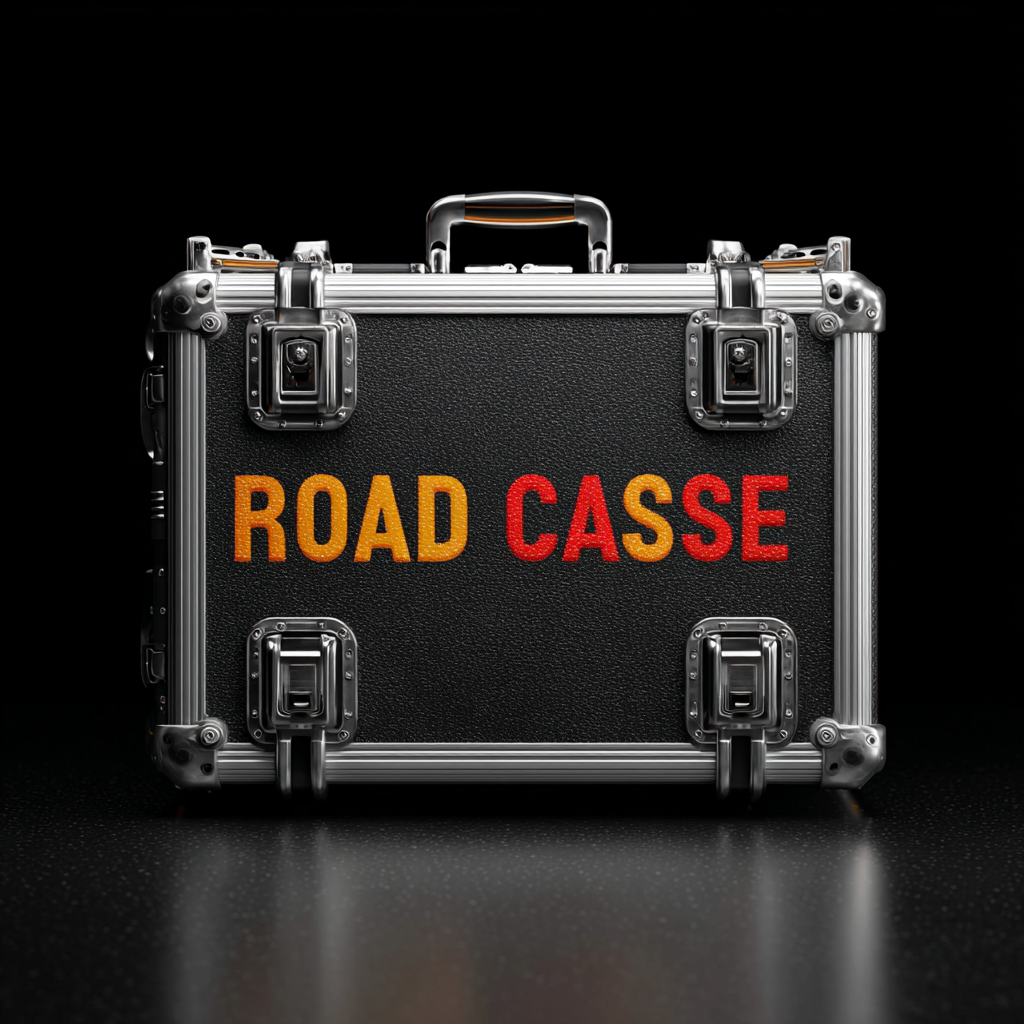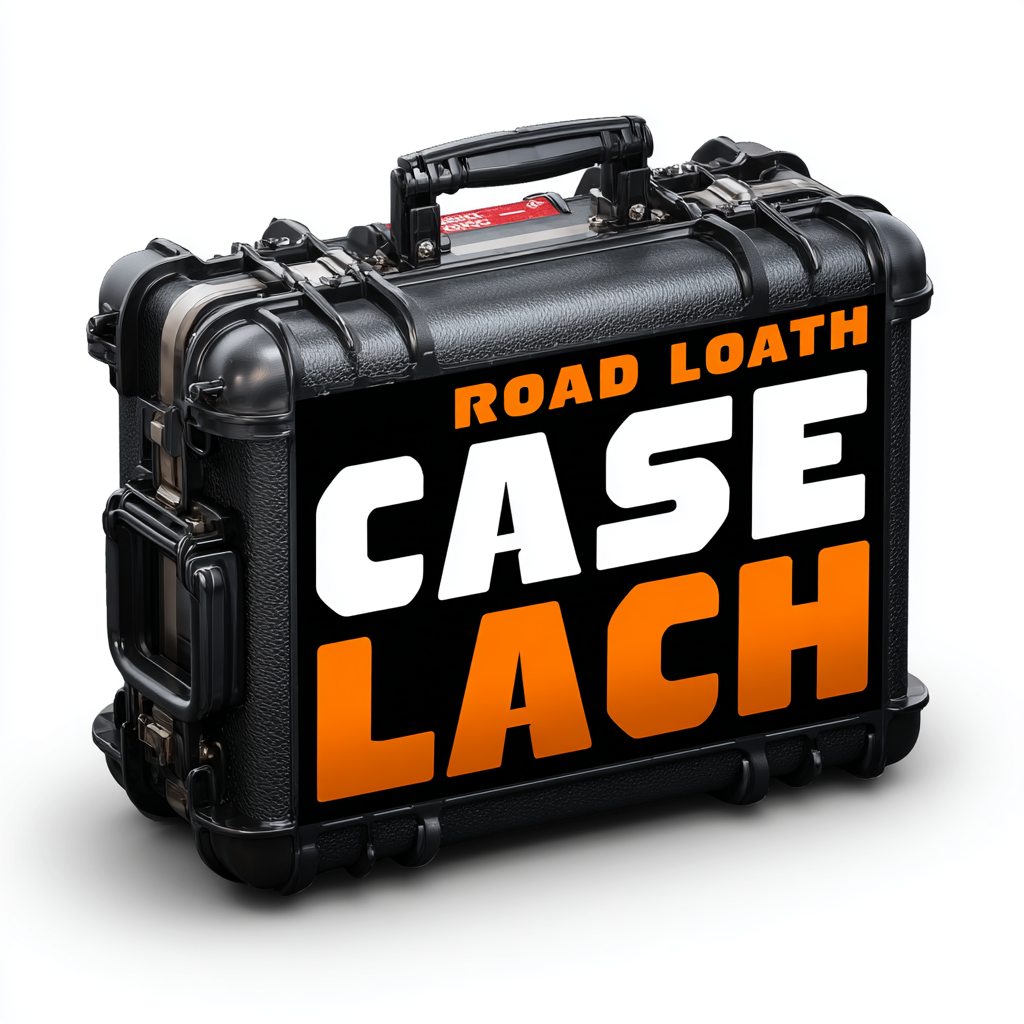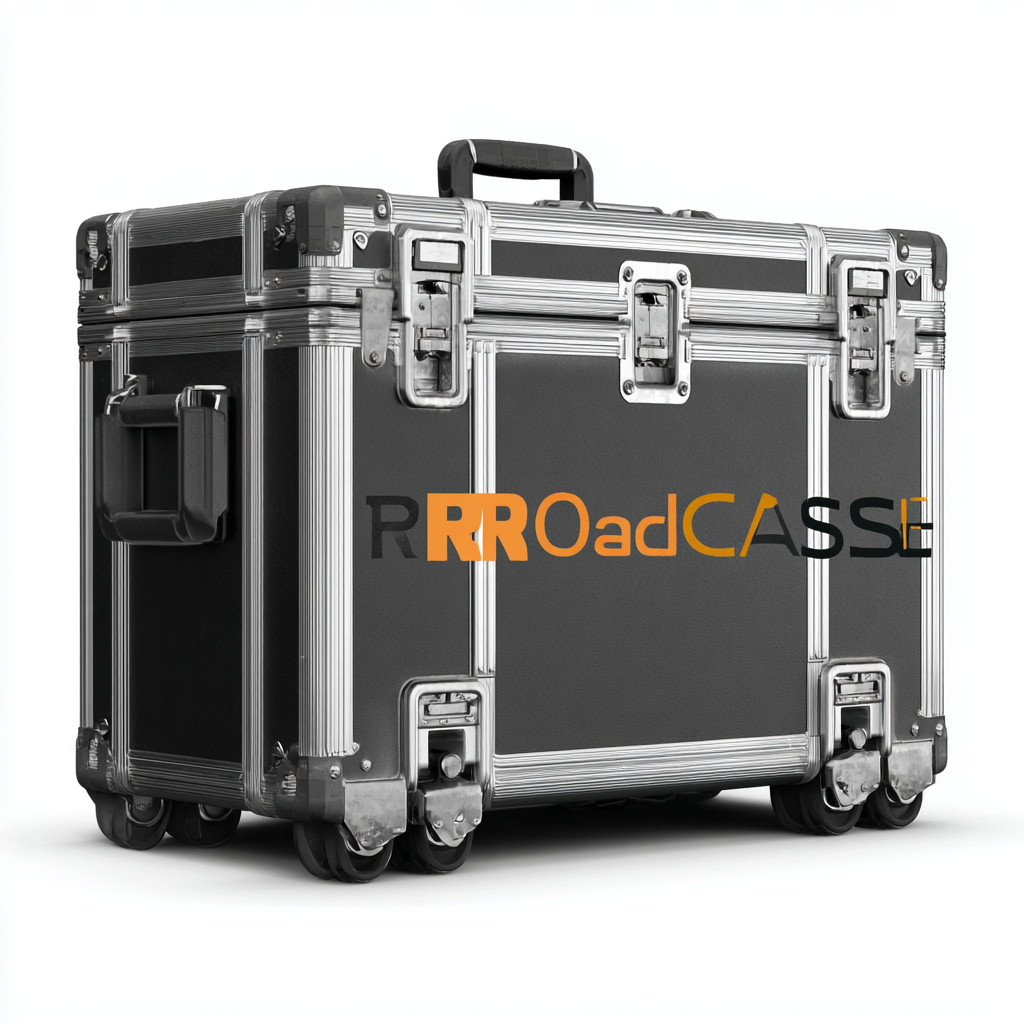Leave Your Message
When it comes to ensuring the safety and durability of your gear during travel, selecting the right Road Case Latch can be a daunting task. With an overwhelming variety of options on the market, understanding the specific types of latches available, along with their respective functionalities, is crucial for securing your equipment effectively. Whether you're a musician transporting instruments, a filmmaker protecting valuable gear, or an event planner ensuring that event supplies remain intact, the choice of Road Case Latch can significantly impact the overall protection quality. In this blog, we will delve into the various types of latches, exploring their advantages and disadvantages, while also shedding light on the common difficulties faced when trying to pinpoint the best option for your particular needs. By the end, you will be better equipped to make an informed decision, ensuring that your gear remains secure, no matter where your journey takes you.

When selecting road case latches, users often face several common challenges that can complicate the decision-making process. One of the primary difficulties is the wide variety of latch designs available in the market. Each design offers distinct advantages and disadvantages, making it essential to identify which features best align with specific usage requirements. For example, some latches provide greater security, while others prioritize ease of use or quick access. This plethora of options can lead to confusion, especially for those not well-versed in the technical aspects of road case hardware.
Another challenge is ensuring compatibility with existing cases and equipment. Not all latches will fit every case type, and selecting an incorrect latch can lead to functionality issues. Users must carefully measure their cases and consider the materials involved to avoid any misalignment or installation problems. Additionally, the need for durability and weather resistance can complicate the decision, as some latches may perform well in controlled environments but fail under extreme conditions. Understanding these challenges is essential for making informed choices and ensuring the longevity of road cases in demanding situations.

When selecting a road case latch, understanding the key factors that affect its performance and durability is crucial. One of the primary considerations is the material used in the latch construction. Sturdy materials like stainless steel and heavy-duty plastic not only contribute to the latch's strength but also resist corrosion and wear over time. A latch made from inferior materials may fail under stress, leading to potential damage to the case and its contents.
Another significant factor is the design of the latch itself. Ergonomic designs enhance ease of use while ensuring a secure closure. Features such as rubber seals can provide additional protection against moisture and dust, which is essential for equipment storage in diverse environments. Furthermore, the latch’s locking mechanism should be robust enough to withstand tampering, providing peace of mind during transport. By taking these elements into account, you can better navigate the complexities in finding the most reliable road case latch options for your needs.
This bar chart illustrates the performance impact of key factors affecting road case latch options including material quality, design complexity, environmental resistance, and user feedback.
When selecting road case latches, it’s crucial to focus on five essential features that ensure durability, security, and ease of use. First and foremost, materials matter; latches made from high-quality metals like stainless steel or aerospace-grade aluminum tend to withstand the rigors of travel better than plastic options. According to a 2022 industry report from the Road Case Association, cases equipped with robust latches have a 30% lower failure rate during transit.
Another important feature is the locking mechanism. Look for latches that offer dual locking positions, which provide an extra layer of security against accidental openings. This is particularly vital for professional musicians or traveling technicians who depend on their gear staying intact. Tip: Test latches for smooth operation; a well-functioning latch should engage without requiring excessive force.
Lastly, consider the latch’s installation flexibility. Many latches on the market today are designed to accommodate various case sizes and shapes, making installation straightforward. Models that provide adjustable mounting options tend to facilitate easier customization for different road cases. Tip: Always consult the manufacturer’s specifications for compatibility details to ensure your latch choice aligns with your case design.
| Feature | Description | Importance |
|---|---|---|
| Durability | Materials should withstand heavy usage and harsh conditions. | High |
| Security | Effective locking mechanisms to prevent unauthorized access. | Critical |
| Compatibility | Should fit various case designs and sizes. | Moderate |
| Ease of Use | Smooth operation for opening and closing mechanisms. | High |
| Cost-effectiveness | Balancing quality and price for optimal investment. | Moderate |
When selecting road case latches, the balance between cost and quality is crucial for ensuring long-lasting reliability. According to a recent industry report by the National Association of Packing Users (NAPU), approximately 25% of road cases fail due to inferior latch quality, leading to a significant loss in equipment and repair expenses. This statistic underscores the importance of investing in latches that can withstand rigorous transportation conditions, particularly for professionals who rely on their gear for performances or projects.
The cost of a high-quality latch may initially seem steep—ranging from $5 to $50 each depending on design and material. However, when assessing the long-term value, it's evident that spending slightly more can save users from frequent replacements and potential loss of equipment. A report by the Global Latching Solutions Alliance reveals that businesses that invest in quality latching mechanisms can reduce their operational costs by up to 20% over five years as they face fewer damages and mishaps in transport. Therefore, finding the right balance between cost and reliability is not merely a budgetary concern; it's an investment in the longevity and functionality of your equipment.
 When selecting road case latches, compatibility is paramount for ensuring durability and functionality. Many manufacturers overlook this aspect, opting for latches that may not fit properly with their cases. According to a recent industry report, over 30% of road case failures can be traced back to incompatible latch systems. This highlights the necessity of not only matching the latch size but also considering the material and design, which directly affect the latch's performance under various conditions.
When selecting road case latches, compatibility is paramount for ensuring durability and functionality. Many manufacturers overlook this aspect, opting for latches that may not fit properly with their cases. According to a recent industry report, over 30% of road case failures can be traced back to incompatible latch systems. This highlights the necessity of not only matching the latch size but also considering the material and design, which directly affect the latch's performance under various conditions.
Tip: Always verify the specifications of your road case and the latch type—consider factors like the weight of your equipment and the potential for environmental stressors. Using latches specifically designed for the case type not only enhances security but also prolongs the life of your gear.
Additionally, understanding the various latch types available in the market can significantly improve your selection process. A study found that cases with robust, compatible latches reduce the risk of damage by up to 40%. Invest in latches that feature corrosion-resistant materials, especially if your road cases will be exposed to moisture or varying temperatures.
Tip: Consider latches that offer quick-release features; these can save time during setup and teardown while ensuring that your equipment remains secure throughout transport.
